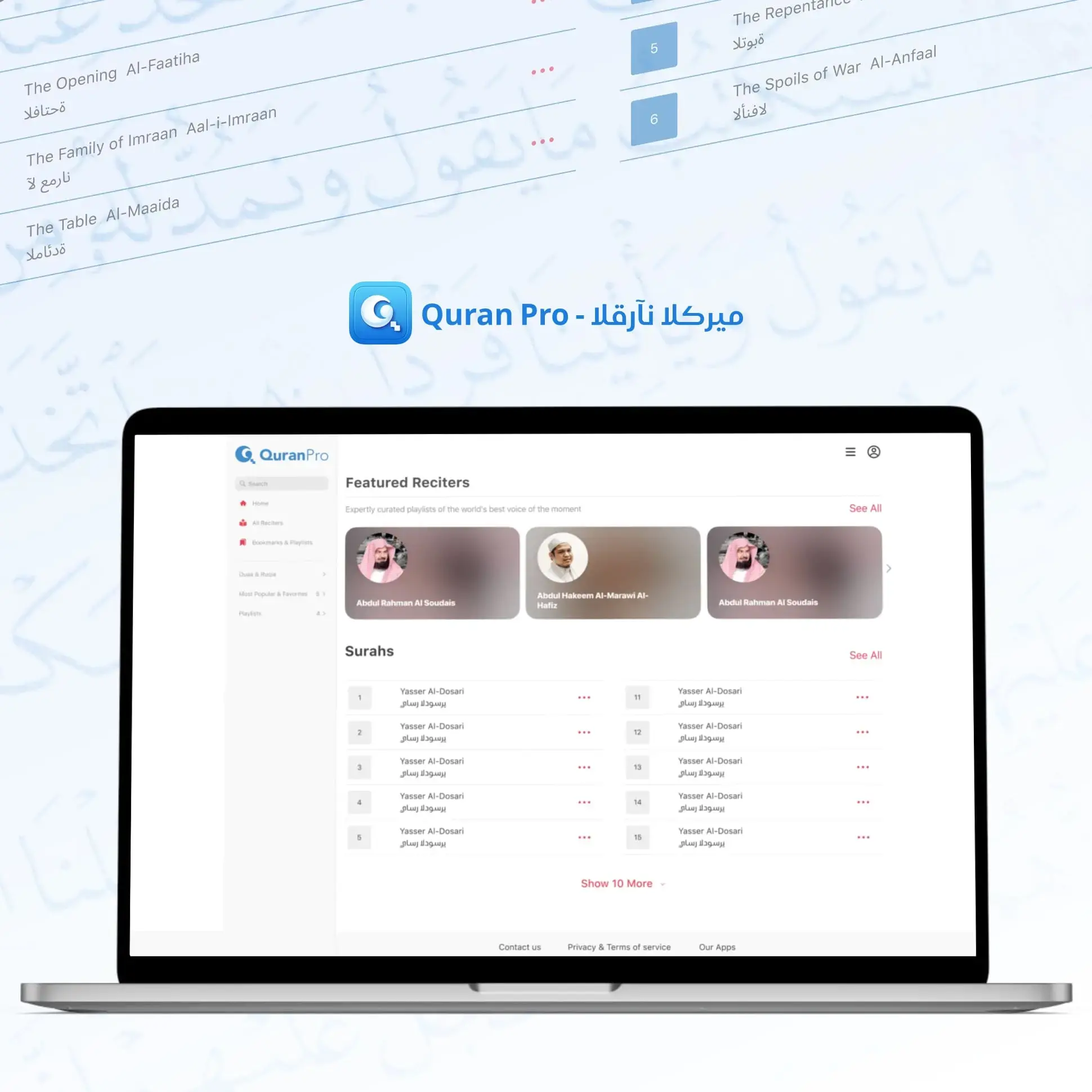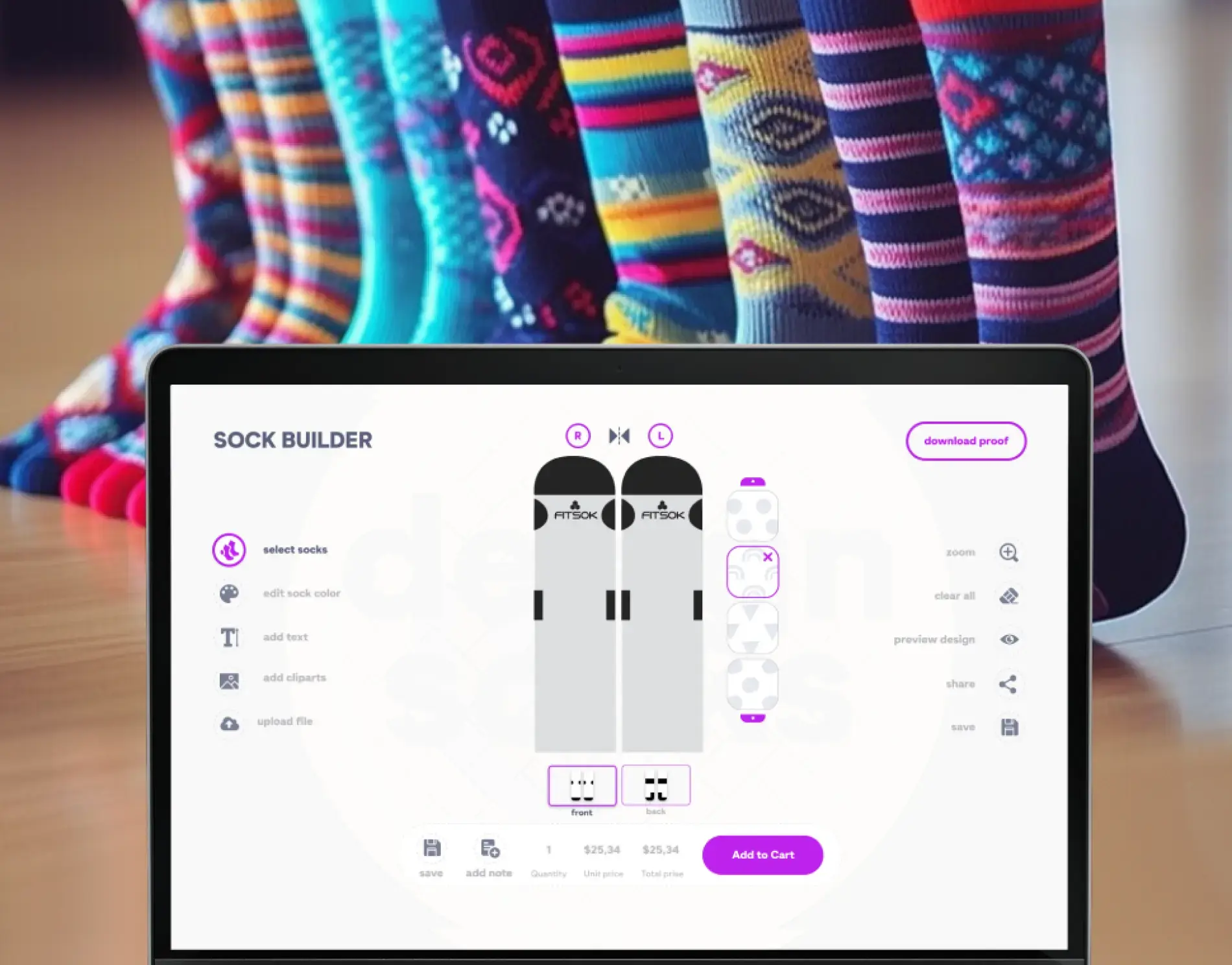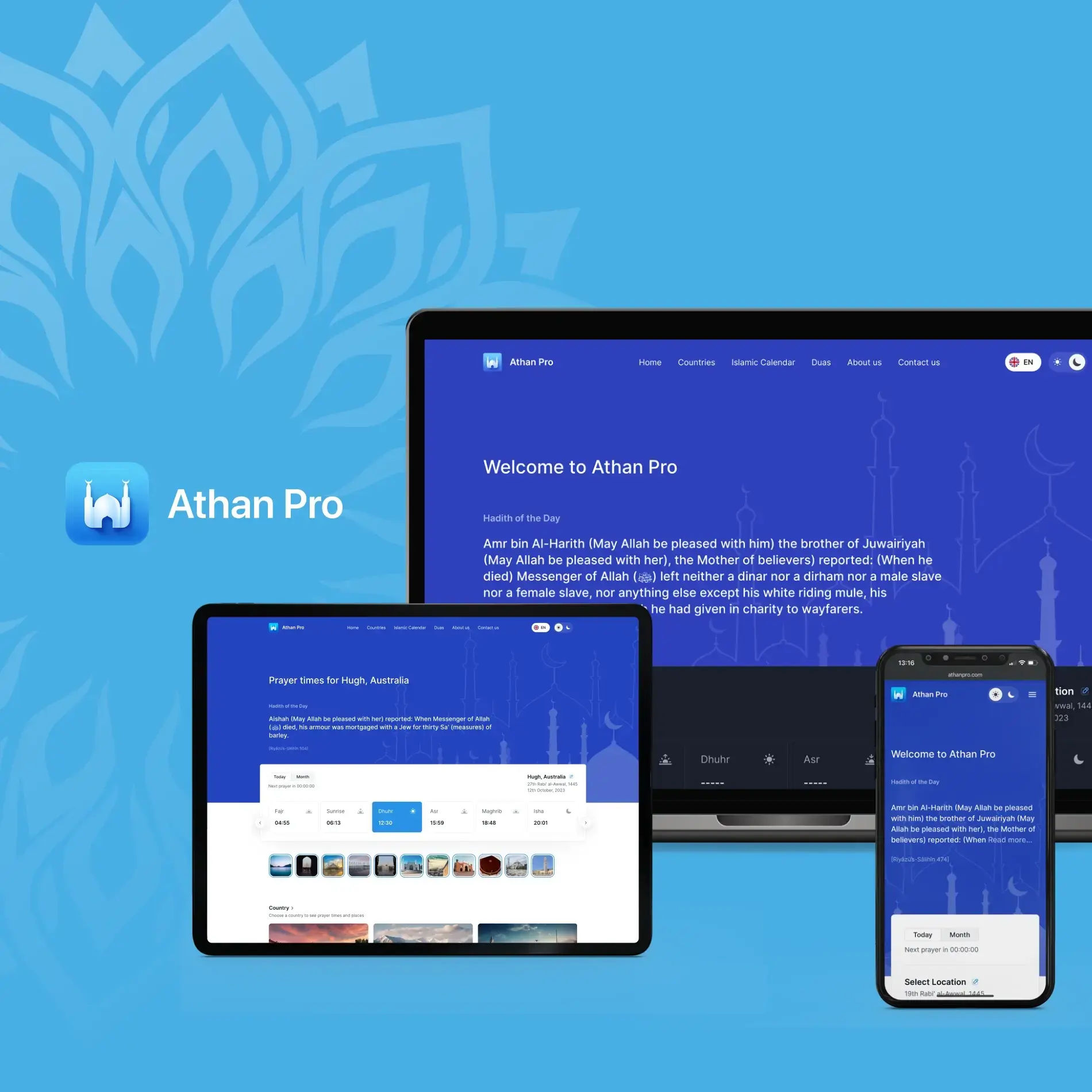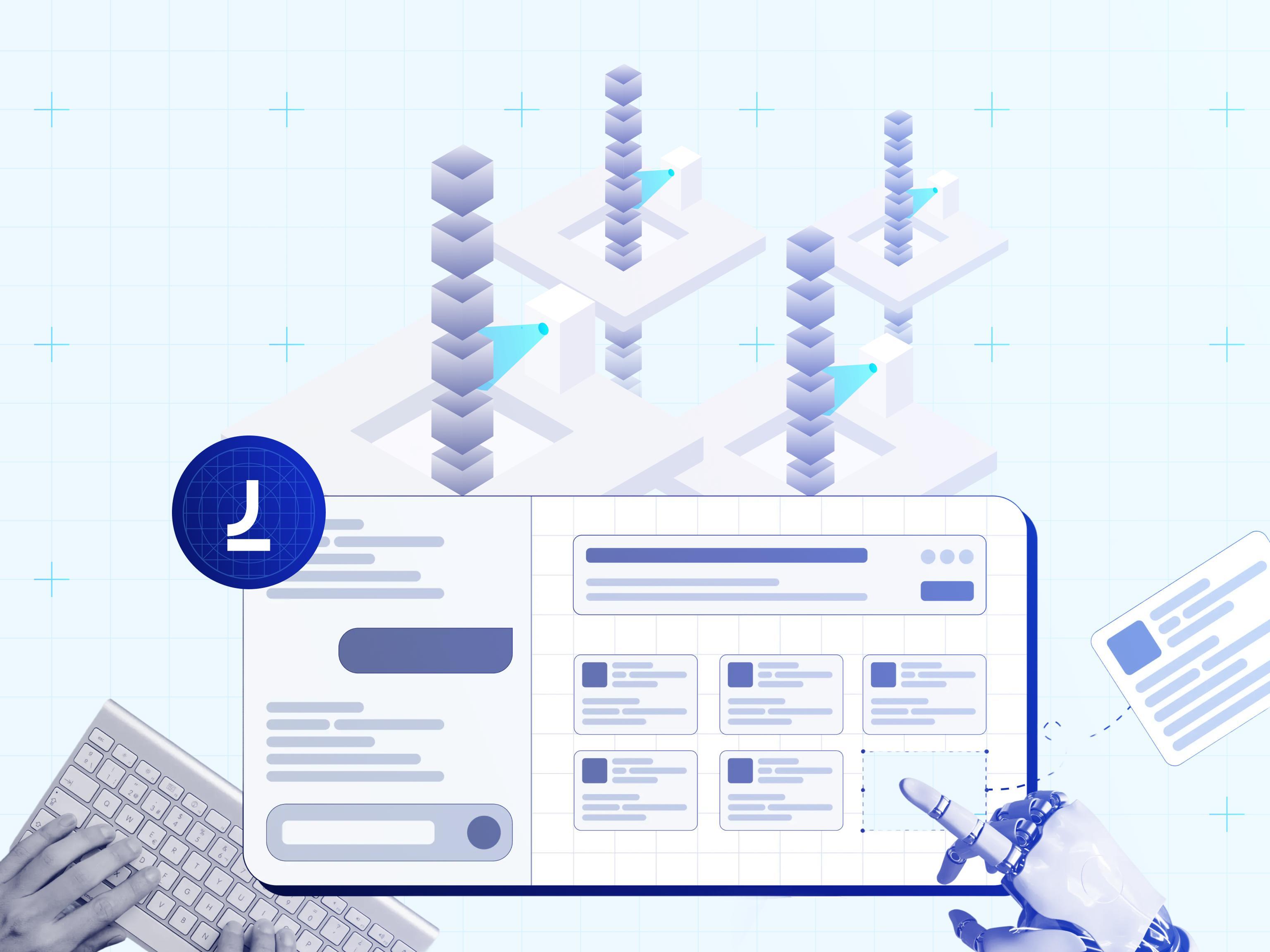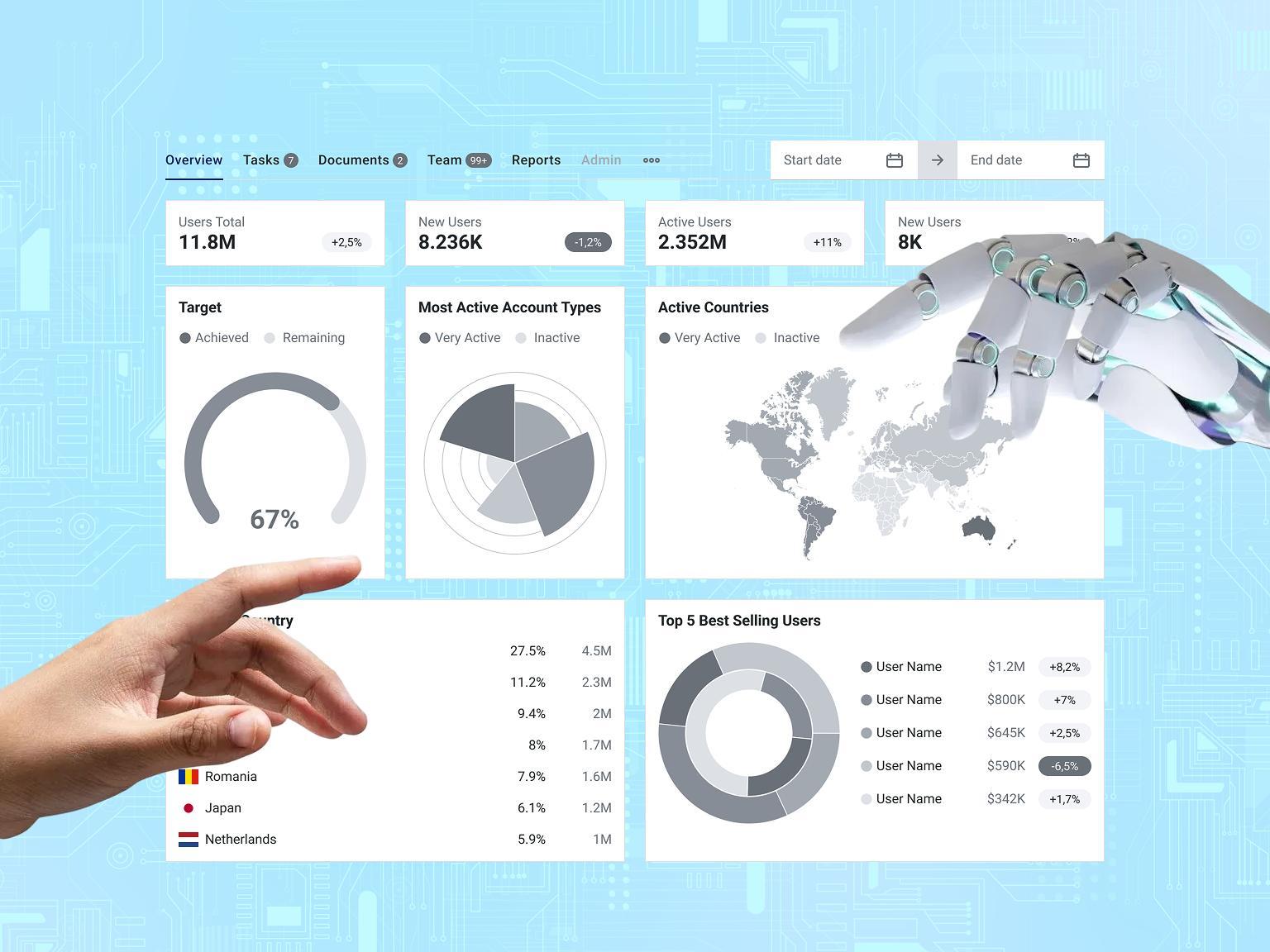One might ask is being a software engineer stressful? Well, as we continue to steer our lives through the lanes of digitization, we are increasingly reliant on a unique breed of professionals who have taken on the mantle of shaping our digital reality. These are software engineers — the quiet architects of our technoscape. But this begs the question, is software engineering stressful?
Reasons Why Software Engineering Is Not a Stressful Job
1. Autonomy and Creative Freedom
Unlike many traditional professions, software engineering is far from mundane. It's a vibrant and dynamic field where no two problems are the same. Each challenge demands a unique solution. Software engineers, therefore, have the autonomy to use their creativity and expertise to carve out solutions from the coding language canvas. This freedom to innovate, create, and experiment is a significant stress reliever.
At JetBase, we foster an environment where our engineers can freely brainstorm and experiment with their ideas.
2. Continuous Learning and Career Growth
The world of software engineering is a revolving door of knowledge and innovation. There's always something new to learn, a new problem to solve, and a new skill to acquire. This constant upskilling can be a fantastic stress-buster for those who enjoy intellectual stimulation and growth.
At JetBase, we encourage and support our engineers to broaden their horizons continually.
3. Flexibility of Work Environment
The rise of remote work has significantly reduced the stress associated with traditional office settings. Software engineers have the liberty to work from anywhere — be it the comfort of their homes or a beach in Bali. This flexibility not only eliminates the stress of commuting but also helps maintain a work-life balance.
At JetBase, we are committed to a remote-first approach that enables our engineers to work in their most conducive environment.
4. High Remuneration and Perks
One of the notable benefits of being a software engineer is the attractive salary packages and perks. Companies like JetBase provide lucrative pay, health benefits, paid vacations, and more.
In addition to these, the cost of equipment is relatively cheap, given most software engineers only need a decent laptop and stable internet connection to perform their duties. These financial factors certainly contribute to reducing the stress associated with the profession.

Reasons Why Software Engineering Can Be Stressful
While software engineering has its share of advantages, it's not devoid of stressors. The balance swings both ways.
1. High-Stakes and Tight Deadlines
The digital products that software engineers create are not just lines of code but crucial assets for businesses. These projects often have tight deadlines and high expectations. The pressure to deliver error-free work under stringent timelines can lead to significant stress.
2. The Constant Need for Upskilling
While learning new technologies can be exciting, it can also be overwhelming, especially when a software engineer is already juggling multiple projects. This pressure can sometimes lead to stress and anxiety.
3. On-Call Duties and Job Security
Software engineers are often required to be on-call, handling system emergencies during non-work hours. Additionally, with the rise of automation and artificial intelligence, job security can sometimes be a concern, leading to an added layer of stress.

The Unspoken Reality: Engineer Burnout
Despite all the measures to counter stress, there's a looming shadow that haunts the profession — burnout. Burnout among software engineers is an increasingly common, yet often overlooked, issue. It's a state of emotional, physical, and mental exhaustion that is the result of prolonged and excessive stress. Burnout does not occur overnight; it creeps in when engineers feel overwhelmed, emotionally drained, and unable to meet the constant demands of their job.
Signs of Burnout
Recognizing burnout because of software engineer stress early is crucial. Here are some common signs:
Chronic Fatigue: Engineers feel drained, lacking energy, and tired most of the time.
Insomnia: Initial stages might involve difficulty falling asleep or staying asleep one or two nights a week. This can escalate to a persistent, nightly ordeal.
Impaired Concentration and Attention: Lack of focus and mild forgetfulness are early signs. Later, the problems may become so severe that they can't get their work done and everything begins to pile up.
Physical Symptoms: Physical symptoms may include chest pain, heart palpitations, shortness of breath, gastrointestinal pain, dizziness, fainting, and/or headaches.
Increased Illness: Because their bodies are depleted, burnout victims are more vulnerable to infections, colds, flu, and other immune system disorders.
At JetBase, we ensure that our engineers are aware of these signs. If they recognize these symptoms in themselves, we encourage them to communicate openly with the team.
Causes of Burnout and How to Deal With It
Burnout can be the result of various factors, and addressing it involves understanding its causes:
Overwhelming Workload: Having too much on your plate for extended periods can lead to burnout. It's essential to manage your workload and not be afraid to say 'no' when necessary.
Lack of Control: A feeling of being out of control of your responsibilities can contribute to burnout. Taking steps to regain control over your work environment can help.
Insufficient Rewards or Recognition: Not receiving adequate compensation or recognition for your work can be demoralizing. It's important to communicate your needs and expectations to your management.
Lack of Community: Isolation, especially when working remotely, can quickly lead to burnout. Regular interaction with colleagues and creating a support system can help alleviate this.
Values Conflict: If your job role conflicts with your personal principles or desired career path, it can result in burnout. It's essential to align your work with your personal goals and values.
To manage burnout, it's important to acknowledge it, communicate with your team, take time off to recharge, establish a work-life balance, and seek professional help if needed. Managers can play a pivotal role in this by being supportive and facilitating a conducive work environment.
Managing Remote Teams and Burnout
Managing a remote team can come with its own set of challenges. Here are some tips:
Establish Communication Channels
Effective communication is crucial when managing remote teams. Utilize tools like Slack, Microsoft Teams, or Google Hangouts to facilitate regular conversations and ensure everyone is on the same page.
Set Clear Expectations
Managers should clearly communicate what they expect from their team members in terms of work hours, availability, project deadlines, and more. This clarity can help prevent misunderstandings and stress.
Provide Emotional Support
Managers should be open to discussions about stress and burnout. Regular check-ins can help identify potential issues and address them promptly.
Encourage Breaks and Time Off
Managers should ensure team members are taking breaks and utilizing their vacation time. Rest is essential to prevent burnout and maintain productivity.

Unconsidered Factors
While we've discussed several stressors and stress-relievers in the software engineering profession, there are some often unconsidered factors that can play a significant role.
Work Culture:
The company's work culture can greatly influence stress levels. For instance, a competitive work environment might push some engineers to excel but can also put pressure on others. A collaborative and supportive work culture, like we have at JetBase, tends to create less stress.
Project Variety:
Working on the same kind of projects repetitively can lead to monotony, causing stress. Having a variety of projects can keep the job interesting and intellectually stimulating.
Client Interactions:
Client interactions can be a source of stress, especially when dealing with difficult clients or when there are communication gaps. Training in soft skills can equip software engineers to handle these situations better.
Time Zone Differences:
For companies like JetBase that operate globally, coordinating across time zones can be challenging and sometimes stressful. Flexible work hours can help alleviate this stress.
Personal Factors:
Personal factors like family responsibilities, financial issues, or health problems can compound the stress experienced at work. Providing support for mental and physical health, like we do at JetBase, can help engineers manage these personal stressors.
To sum it all up, while the software engineering profession comes with its inherent challenges, the stress levels experienced by professionals in this field can be significantly influenced by many other factors. It's critical for companies to be mindful of these factors and take steps to mitigate their impact to ensure their engineers can maintain a healthy work-life balance.
Conclusion
Still asking is software development stressful? In a nutshell, while software engineering can be demanding and stressful, it's also an incredibly rewarding and exciting field. The dynamic nature of the job, combined with the intellectual stimulation, creativity, and high remuneration, can make it an excellent career choice for many.
At JetBase, we aim to strike the right balance. We understand that while our engineers are dedicated to delivering top-tier software solutions, they're also human. We strive to create an environment where they can thrive both professionally and personally. Through regular communication, maintaining a balanced workload, promoting ongoing learning, and fostering a supportive work culture, we believe that we can mitigate stress and prevent burnout.




